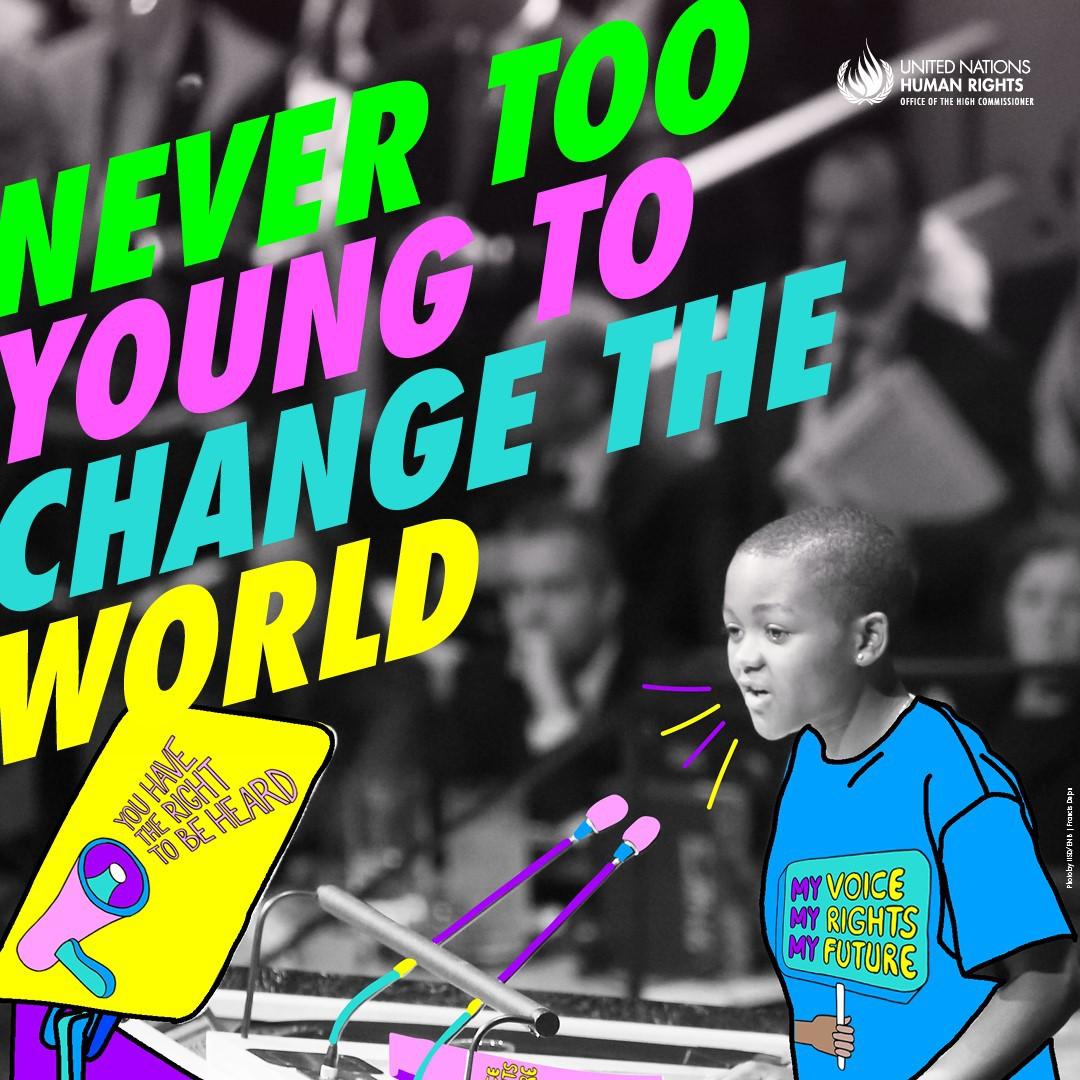Privacy Rights Are Human Rights
How youth can help push for privacy over profit

NortonLifeLock Blog | Corporate Responsibility
By Gerard Chan | VP Legal, Global Privacy Office NortonLifeLock
Today is International Human Rights Day, an annual celebration commemorating the United Nations (UN) adoption of the Universal Declaration of Human Rights. This year, the UN has declared the theme: Youth Standing Up for Human Rights. This focus recognizes the critical role youth play as motivators, speakers, and activists around the globe.
As NortonLifeLock celebrates this year’s International Human Rights Day, we are focused on UN resolution 68/167, which affirms “the rights held by people offline must also be protected online”.
Over the past several decades, as information communication technology has evolved and proliferated, so too has the amount of private information we share online. As a result, access to our private information has become a trade in itself, for despotic governments, revenue-focused businesses, and others looking to capitalize on this torrent of information.
We need to raise awareness that data subject rights are human rights.
With the answer to almost every question conceivable and the ability to find and purchase every product imaginable at our fingertips, the amount of private information shared by data subjects (i.e. people that create data) has largely been unconscious. Cybercriminals have not missed this opportunity and attacks on devices, online privacy, identity, and home networks have become common place.
Privacy legislation is being developed in many regions and countries across the globe to acknowledge and secure our rights to data protection. As examples, India’s Supreme Court held in Justice K.S. Puttaswamy (Retd) vs Union of India privacy to be a fundamental human right, the European General Data Protection Regulation (GDPR) became enforceable in May 2018, and The California Consumer Privacy Act (CCPA) goes into effect in just a few weeks.
However, because the Internet’s primary draw is its convenience, both people and corporations have found privacy considerations to be a great inconvenience. People are reluctant to turn off cookies, clear browser and website histories, and block their location. Corporations lack the motivation to stop collecting personal information used to increase sales and sold to others for profit.
We must shift our thinking to protect data subject rights in the same way we protect freedom of speech, freedom of expression, and the other universal human rights we hold dear.
We must teach our youth to exercise their data protection rights.
As the largest group of online users, young people are creating the most data through various social media accounts, wearable devices, and “smart” products. While youth have showed they care about their privacy, privacy education isn’t always universally offered and children may be at risk of cybercrimes that could affect them well into their adult lives.
While users often “have control” over what content they post and who gets to see what, figuring out that process in each app is arduous. Across tech services, the onus is still on the user to opt out and turn off, instead of on each app and corporation to ask permission first for this valuable data. As such, more needs to be done in schools to teach children to understand their privacy rights and the future impact to their online profile and reputation.
While companies are changing their systems to better align with the laws that protect data subject rights, we need a sea of change in corporate thinking that decouples data protection from profit. And, we need our next generation’s help. Youth are some of the most vociferous voices today, enacting real change through their concerted efforts in areas from gun violence prevention to climate change. I’m excited to see how they, and all of us, use their voice, exercise their rights, and push for the future they want to see. No one is too young to change the world.
-------------------------
Data protection is central to NortonLifeLock, which has safeguards in place to ensure that personal information is collected and used appropriately. Visit our Privacy Portal to read more about our privacy efforts.

